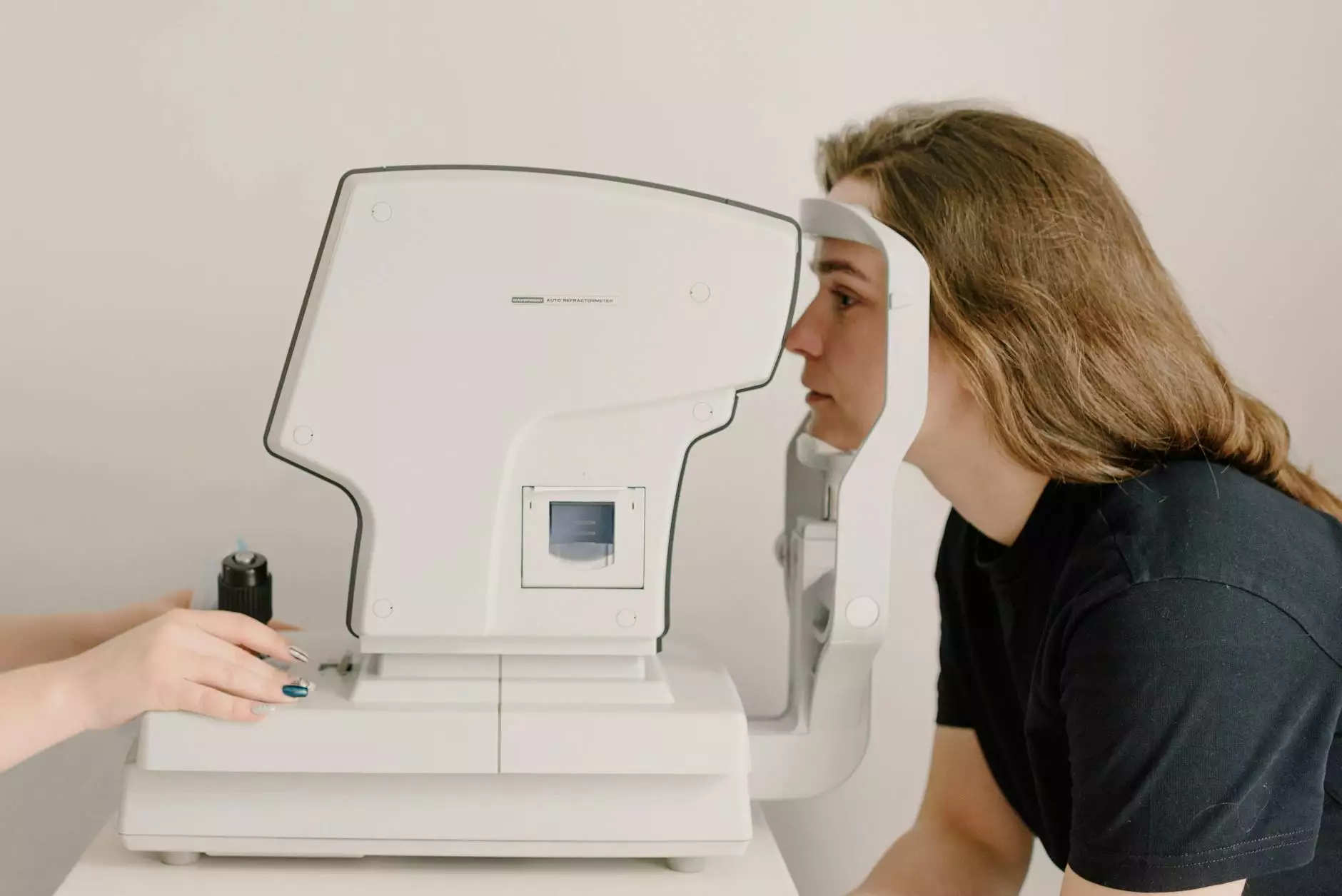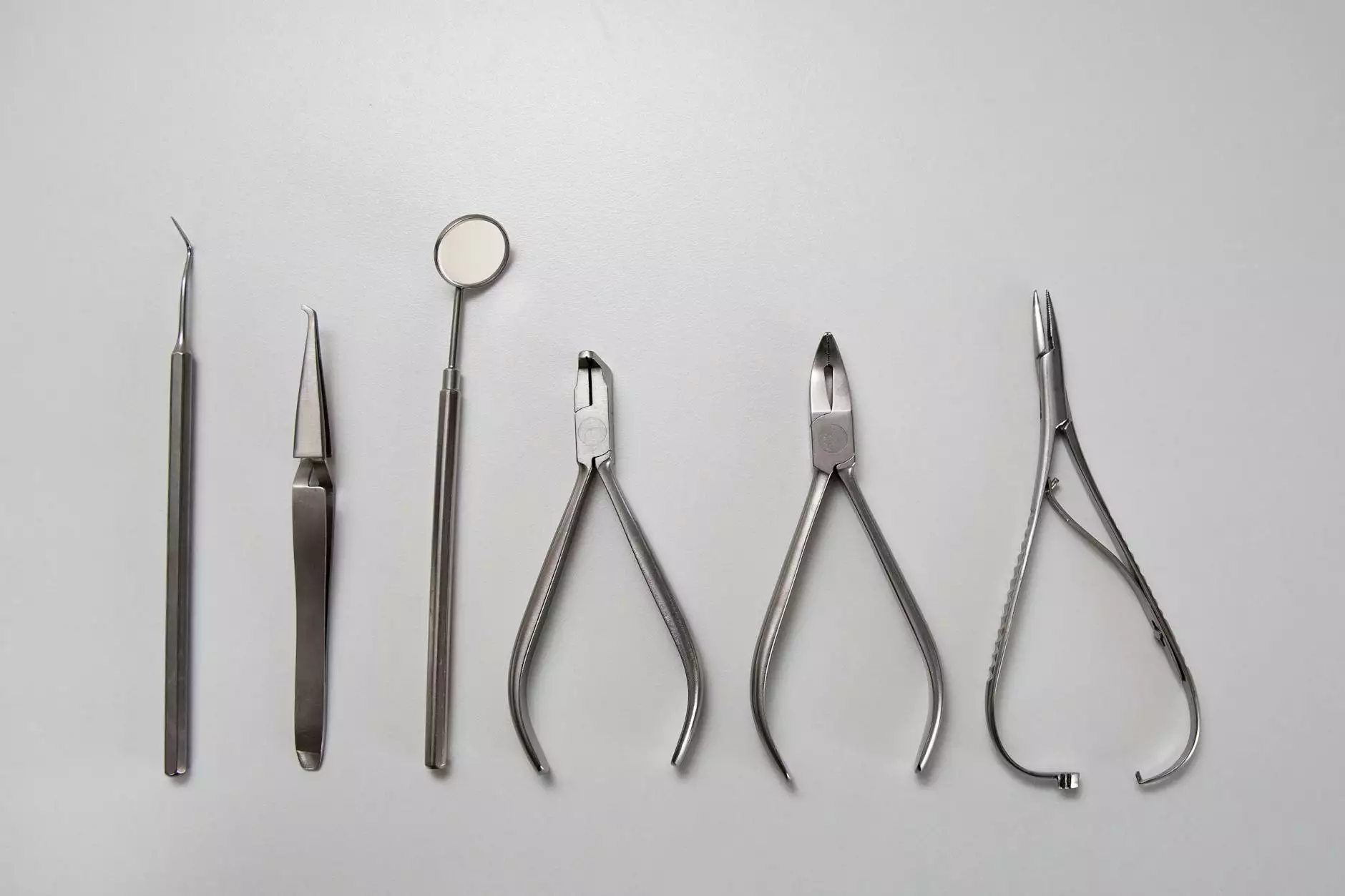The Path to Recovery: Finding the Best Thyroid Cancer Specialist

Thyroid cancer represents a significant health concern, affecting thousands of individuals each year. As diagnoses of this cancer have risen, so has the demand for specialized care. In this article, we will explore the role of a thyroid cancer specialist, the treatment protocols they utilize, and the importance of choosing the right healthcare provider for your journey towards recovery.
Understanding Thyroid Cancer and Its Types
Thyroid cancer occurs when the cells in the thyroid gland undergo uncontrolled growth, leading to the formation of a tumor. This type of cancer is classified primarily into four main types:
- Papillary Thyroid Carcinoma: The most common form of thyroid cancer, presenting as a slow-growing tumor.
- Follicular Thyroid Carcinoma: This cancer type is generally more aggressive than papillary carcinoma.
- Medullary Thyroid Carcinoma: Arises from the C cells of the thyroid, and can be hereditary.
- Anaplastic Thyroid Carcinoma: A rare and aggressive form of thyroid cancer that requires immediate medical intervention.
Understanding these types is crucial when consulting with a thyroid cancer specialist, as it influences treatment options and outcomes.
The Role of a Thyroid Cancer Specialist
A thyroid cancer specialist is usually an oncologist or an endocrinologist with advanced training in diagnosing and treating cancers of the thyroid. Their expertise encompasses:
- Diagnosis: Conducting thorough evaluations through physical examinations, imaging tests, and biopsies to confirm the presence of cancer.
- Treatment Planning: Developing comprehensive treatment protocols tailored to the individual's specific cancer type and stage.
- Management of Side Effects: Implementing strategies to monitor and manage side effects stemming from treatments, ensuring patient comfort.
- Follow-up Care: Providing continuous support and monitoring to manage long-term outcomes and monitor recurrence.
The knowledge that a thyroid cancer specialist possesses allows for optimal patient care, and contributes significantly to improved recovery rates.
Evaluating Treatment Options for Thyroid Cancer
Once diagnosed, your thyroid cancer specialist will outline various treatment options available. These treatments can include:
1. Surgery
The primary treatment for most cases of thyroid cancer is surgery. The two most common surgical procedures are:
- Partial Thyroidectomy: Removal of part of the thyroid gland.
- Total Thyroidectomy: Removal of the entire thyroid gland, which may be necessary in cases of more aggressive cancers.
Surgery may often be followed by radioactive iodine treatment to eliminate any remaining cancer cells post-surgery.
2. Radiation Therapy
Radiation therapy utilizes high-energy particles or waves to destroy cancer cells. It can be particularly effective for patients with aggressive forms of thyroid cancer or those who are not candidates for surgery.
3. Hormone Therapy
Post-surgery, many patients require hormone replacement therapy for the hormones that their thyroid would normally produce. This therapy helps regulate metabolism and maintain energy levels.
4. Targeted Therapy
Targeted therapies focus on the specific mutations responsible for the growth of cancer cells, providing a promising avenue for treatment, especially in advanced thyroid cancers.
Choosing the Right Thyroid Cancer Specialist
Choosing a qualified thyroid cancer specialist is a critical step in managing your condition. Here are some key factors to consider:
1. Credentials and Experience
Ensure that your specialist is board-certified in oncology or endocrinology with a track record of working specifically with thyroid cancer.
2. Hospital Affiliations
Check if your specialist is affiliated with a reputable cancer center. Access to advanced medical technology and resources can significantly influence the quality of your treatment.
3. Reviews and Recommendations
Seek referrals from primary care doctors or other patients. Online review platforms can also provide insights into other patients’ experiences.
4. Communication Style
It's essential that you feel comfortable with your specialist’s communication style. They should be able to explain your situation clearly, answer your questions, and discuss all treatment options openly.
5. Multidisciplinary Team Approach
A specialist who collaborates with a multidisciplinary team—comprising nutritionists, psychologists, and other healthcare providers—is often more effective in providing holistic patient care.
Emotional and Psychological Support
Being diagnosed with cancer can be a distressing experience. It is vital to consider the emotional and psychological aspects of your treatment. Support from family, friends, or support groups can be invaluable during your journey. Many thyroid cancer specialists can connect you with counselors or support services to help manage the psychological impact of cancer.
Success Rates and Prognosis
Generally, thyroid cancer has a favorable prognosis, especially when detected early. Most types can be treated successfully, with high survival rates. Your thyroid cancer specialist will be able to provide information about specific success rates based on your individual diagnosis and treatment plan.
Conclusion: Empower Yourself in Your Health Journey
In conclusion, navigating a diagnosis of thyroid cancer is undoubtedly challenging. However, by finding a qualified thyroid cancer specialist, you can empower yourself with knowledge, access to advanced treatments, and a supportive healthcare team. Remember, early detection, proper treatment planning, and emotional support play crucial roles in your journey toward recovery. Don’t hesitate to seek help, ask questions, and make informed decisions regarding your health.
For more information and support, feel free to reach out to oncologicalsurgery.net, your go-to resource for expert guidance on oncology care.









